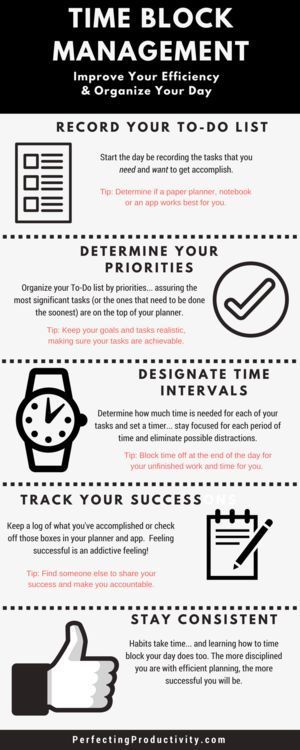Have you ever found yourself overwhelmed with tasks and not enough time to complete everything? You’re not alone. In today’s fast-paced world, time is a prized asset, and effective time management is crucial to personal and professional success. Here are eight practical tips to help you make the most of your time:
Prioritize Your Tasks
First things first, identify your most important tasks and designate sufficient time for them. Tackle your most challenging tasks at the beginning of the day when your productivity levels are at their highest. Once you’ve completed the most critical tasks, you can then focus on other tasks with less urgency.
Create a Strategy
Create a strategy for managing your time effectively by breaking down your day and allocating specific times for each task. Use a planner or digital calendar to keep track of your schedule and deadlines. Setting deadlines and milestones for each task helps you feel more in control and less overwhelmed.
Avoid Multitasking
Many people believe that multitasking is a great way to accomplish more in less time. However, studies have shown that multitasking is less effective than focusing on one task at a time. Learn to concentrate on one task until completion before moving on to the next.
Learn to Say “No”
One of the biggest challenges to effective time management is learning to say “no.” It’s easy to get caught up in other people’s problems and requests, but it can be emotionally and mentally draining. Set boundaries and learn to say “no” to requests that are not aligned with your priorities.
Take Breaks
Taking breaks is essential to effective time management. Breaks help you relax and recharge your batteries, allowing you to stay energized and focused. Incorporate regular breaks into your daily schedule to improve your productivity and reduce the risk of burnout.
Eliminate Distractions
Distractions can be detrimental to effective time management. Identify what causes distractions and eliminate them. For example, turn off your phone, close unnecessary tabs on your computer and limit non-work-related activities during working hours.
Delegate Tasks
Learning to delegate tasks helps you free up time to focus on critical tasks that require your full attention. Delegate tasks that can be completed by others, such as administrative tasks, to free up time for more important tasks.
You might find these FREE courses useful
- Engineering Project Management: Scope, Time and Cost Management
- Strategic Career Self-Management
- Work Smarter, Not Harder: Time Management for Personal & Professional Productivity
- Free Time Management Tutorial – Effective Time Management for Employees
Evaluate and Improve
Finally, evaluate your time management strategies regularly to identify areas of improvement. Analyze any inefficiencies, and make the necessary adjustments to improve your productivity. Celebrate your successes and learn from your failures to create a more effective time management strategy.
In Conclusion
Effective time management is an essential skill that requires deliberate effort and practice. Prioritizing, creating a plan, avoiding multitasking, taking breaks, eliminating distractions, delegating tasks, learning to say “no,” and evaluating and improving are practical tips that can help you take control of your time and accomplish more. Consistency and dedication in implementing these strategies can create space for a fulfilling and productive life.


